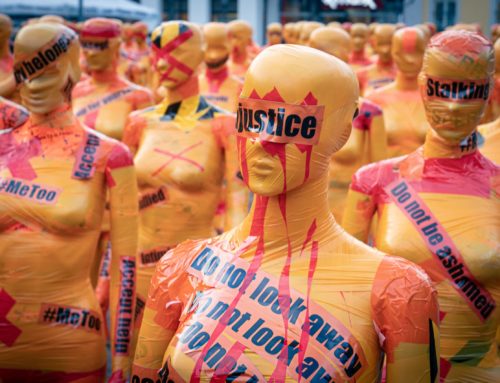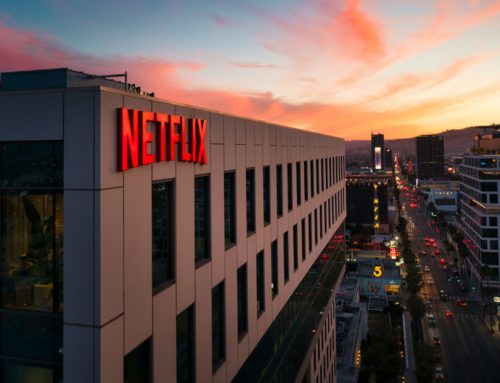The Foreign Corrupt Practices Act (FCPA) is a U.S. statute which prohibits U.S. firms and individuals from making bribes to foreign officials in exchange for obtaining or retaining their business. A foreign official is broadly defined as all employees of non-U.S. state-owned entities. So far 2020 has presented us with several examples of enforcement of the FCPA statute by the U.S. government.
This past September the Department of Justice (DOJ), with help from the FBI criminal investigation unit, obtained a guilty plea from Sargeant Marine, a Florida-based asphalt company. The asphalt company pleaded guilty to conspiracy for violating the anti-bribery provisions of FCPA. The company admitted to paying bribes to a number of South American officials from Brazil, Venezuela and Ecuador to obtain lucrative contracts. The company was required to pay $16.6 million in fines as per the plea agreement.
Another recent case of FCPA enforcement can be seen in the case against a wildly popular wellness brand. Herbalife Nutrition, a publicly traded nutrition and supplement company, was found to have made bribes to Chinese officials in an effort to retain and increase their business in China. The company bribed Chinese officials in order to obtain their selling license, pay off Chinese compliance investigators and bribe a reporter of a state-owned media company. They falsely recorded these payments as travel and entertainment expenses in an effort to mask the illicit payments. This past summer, the consumer health giant agreed to enter into a deferred prosecution agreement with the Southern District of New York. Herbalife admitted to having issued illegal payments to Chinese officials for a period of about 10 years and was required to pay $122 million in penalties as per the agreement.
A 2020 investigation by the FBI’s International Corruption Squad in Miami into PetrolEcuador, an Ecuadorian-owned oil company, has uncovered violations of the FCPA. $4.4 million worth of bribes were paid to PetrolEcuador, which were then laundered through U.S. bank accounts and properties across Miami. So far, twelve charges have been made in the ongoing investigation. The FBI has found that bribes were paid to officials of the state-owned oil company by multiple U.S.-based businessmen in exchange for lucrative oil contracts.
Since 2007, FCPA enforcement actions by both the DOJ and SEC have significantly increased. Although 2020 hasn’t been particularly high in enforcement actions with only about 23 actions, compared to 51 in 2019 and 58 in 2016, there’s no guarantee the regulations will remain relaxed.
Overenforcement of the FCPA has been criticised because it can put U.S. firms at a disadvantage when doing business overseas. Violations of the FCPA can vary case by case, meanwhile broad interpretations of the statute can make it seem like any dealing with foreign officials could be a potential violation. Guidance from an experienced attorney can help





